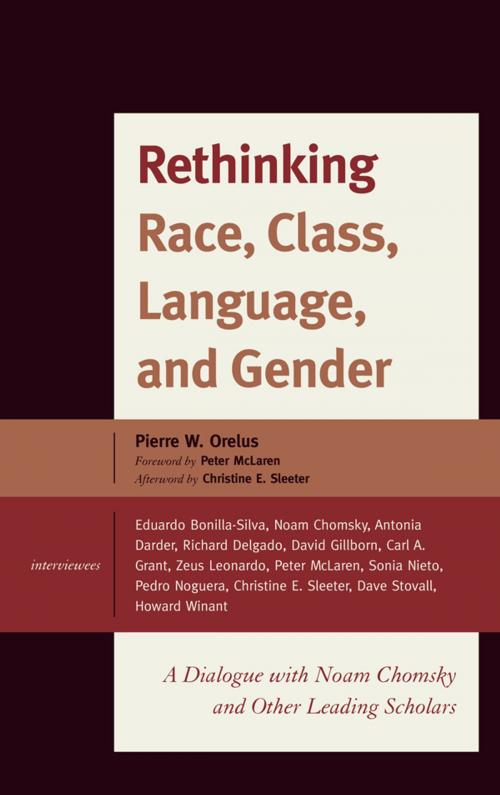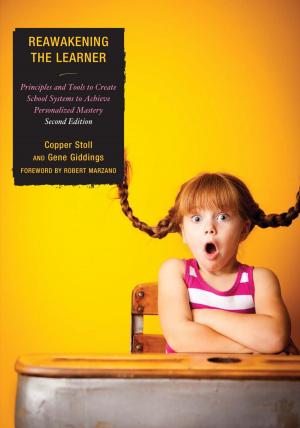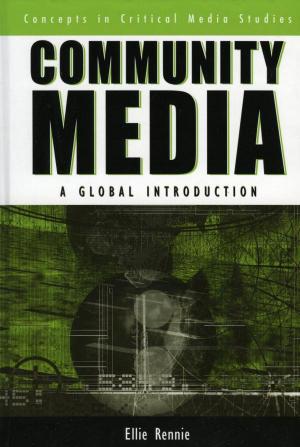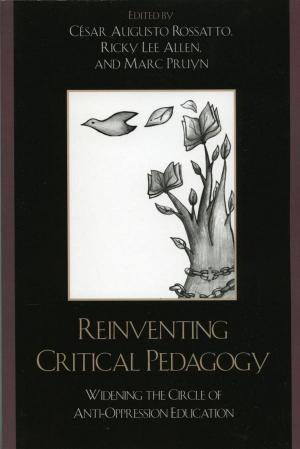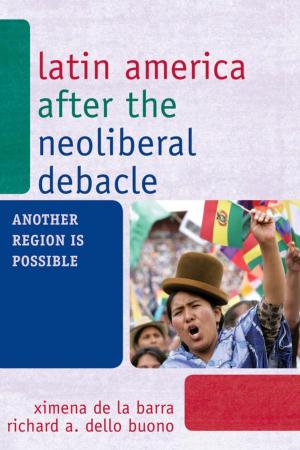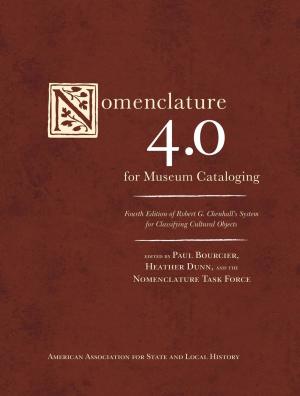Rethinking Race, Class, Language, and Gender
A Dialogue with Noam Chomsky and Other Leading Scholars
Nonfiction, Reference & Language, Education & Teaching, Educational Theory, Philosophy & Social Aspects, Social & Cultural Studies, Social Science, Discrimination & Race Relations, Gender Studies| Author: | Pierre Wilbert Orelus | ISBN: | 9781442204577 |
| Publisher: | Rowman & Littlefield Publishers | Publication: | August 16, 2011 |
| Imprint: | Rowman & Littlefield Publishers | Language: | English |
| Author: | Pierre Wilbert Orelus |
| ISBN: | 9781442204577 |
| Publisher: | Rowman & Littlefield Publishers |
| Publication: | August 16, 2011 |
| Imprint: | Rowman & Littlefield Publishers |
| Language: | English |
Oftentimes, critical examinations of oppression solely focus on one type and neglect others. In this single volume, Pierre Orelus examines the way various forms of oppression, such as racism, classism, capitalism, sexism, and linguicism (linguistic discrimination) operate and limit the life chances people, across various race, class, language, and gender lines, have. Utilizing dialogue as a form of inquiry, Pierre Orelus conducts in-depth interviews carried over the course of two years with committed social justice educators and intellectuals from different fields and foci to examine the way and the extent to which these forms of oppression have profoundly affected the subjectivity and material conditions of women, poor working-class people, queer people, students of color, female faculty and faculty of color. This book presents a novel and critical perspective on race, social class, gender, and language issues echoed through authentic, collective, and dissident voices of these educators and intellectuals.
Oftentimes, critical examinations of oppression solely focus on one type and neglect others. In this single volume, Pierre Orelus examines the way various forms of oppression, such as racism, classism, capitalism, sexism, and linguicism (linguistic discrimination) operate and limit the life chances people, across various race, class, language, and gender lines, have. Utilizing dialogue as a form of inquiry, Pierre Orelus conducts in-depth interviews carried over the course of two years with committed social justice educators and intellectuals from different fields and foci to examine the way and the extent to which these forms of oppression have profoundly affected the subjectivity and material conditions of women, poor working-class people, queer people, students of color, female faculty and faculty of color. This book presents a novel and critical perspective on race, social class, gender, and language issues echoed through authentic, collective, and dissident voices of these educators and intellectuals.
